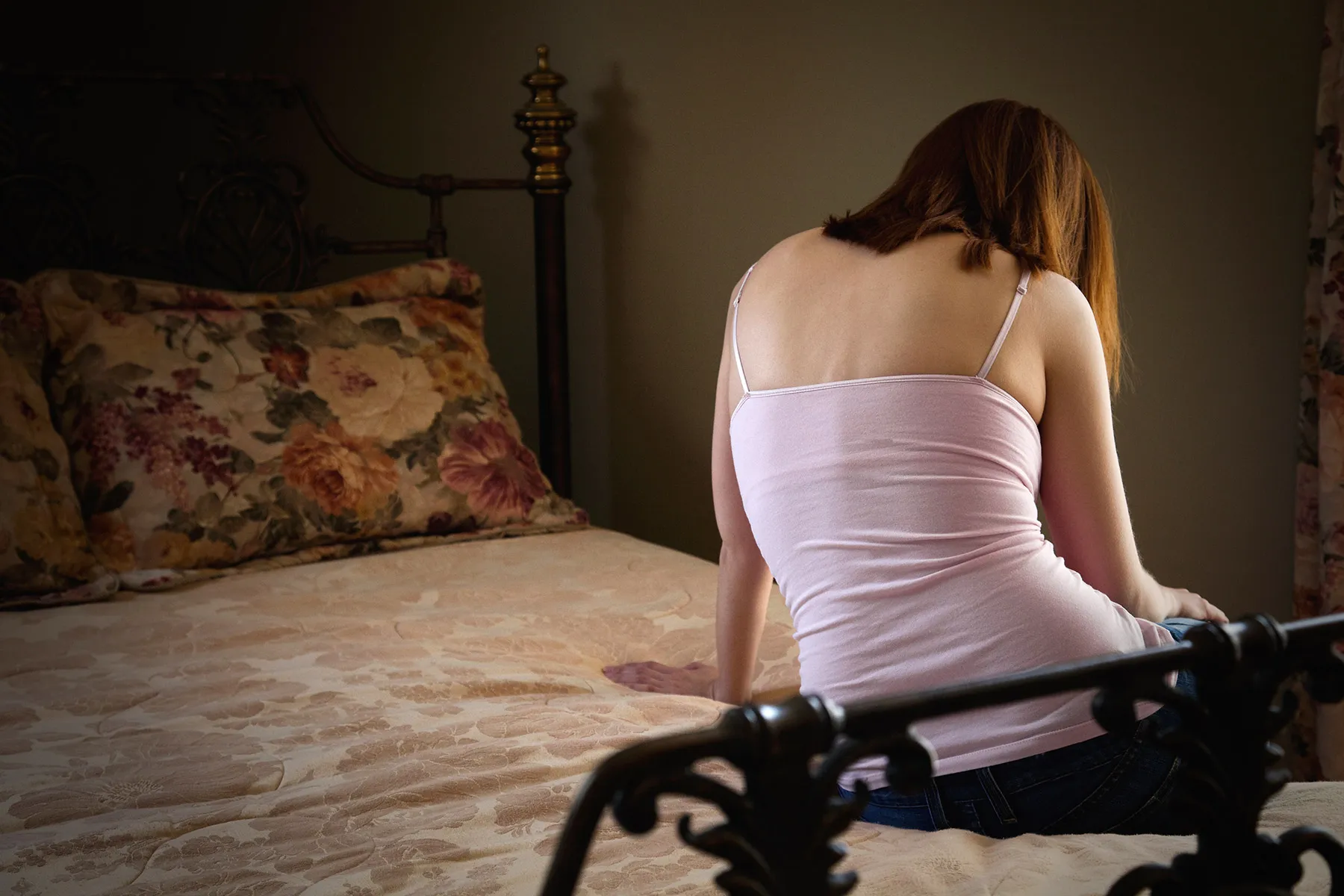Incarcerated Describe COVID Prison Practices as Torture
Prisoners were in solitary medical confinement for 24 hours a day and denied medical care and phone access amid mental health issues.
Hundreds of thousands of incarcerated people have been subjected to solitary confinement during the pandemic under the guise of medical isolation, reports the Huffington Post. While some people need to be isolated from others amid an infectious disease outbreak, the conditions of medical isolation are nearly identical to punitive isolation.
By April 2020, at least 300,000 prisoners were living under full or partial lockdown, confined to their cells for nearly the entire day. That number alone represented an approximately 500 percent increase in the number of people placed under solitary compared to pre-pandemic levels, according to an analysis by watchdog group Solitary Watch. The duration of time spent in solitary confinement varies, but some incarcerated individuals have spent more than a year mostly in isolation. Those incarcerated describe experiencing painful COVID-19 symptoms while their requests for medical care went unanswered, being denied access to phones, and lingering mental health issues. When getting sick means going to solitary, people are more likely to avoid reporting their symptoms, which increases the risk of an outbreak. In some detention centers, the incarcerated have spent most of the pandemic effectively in solitary confinement.

 Landwebs
Landwebs 





















